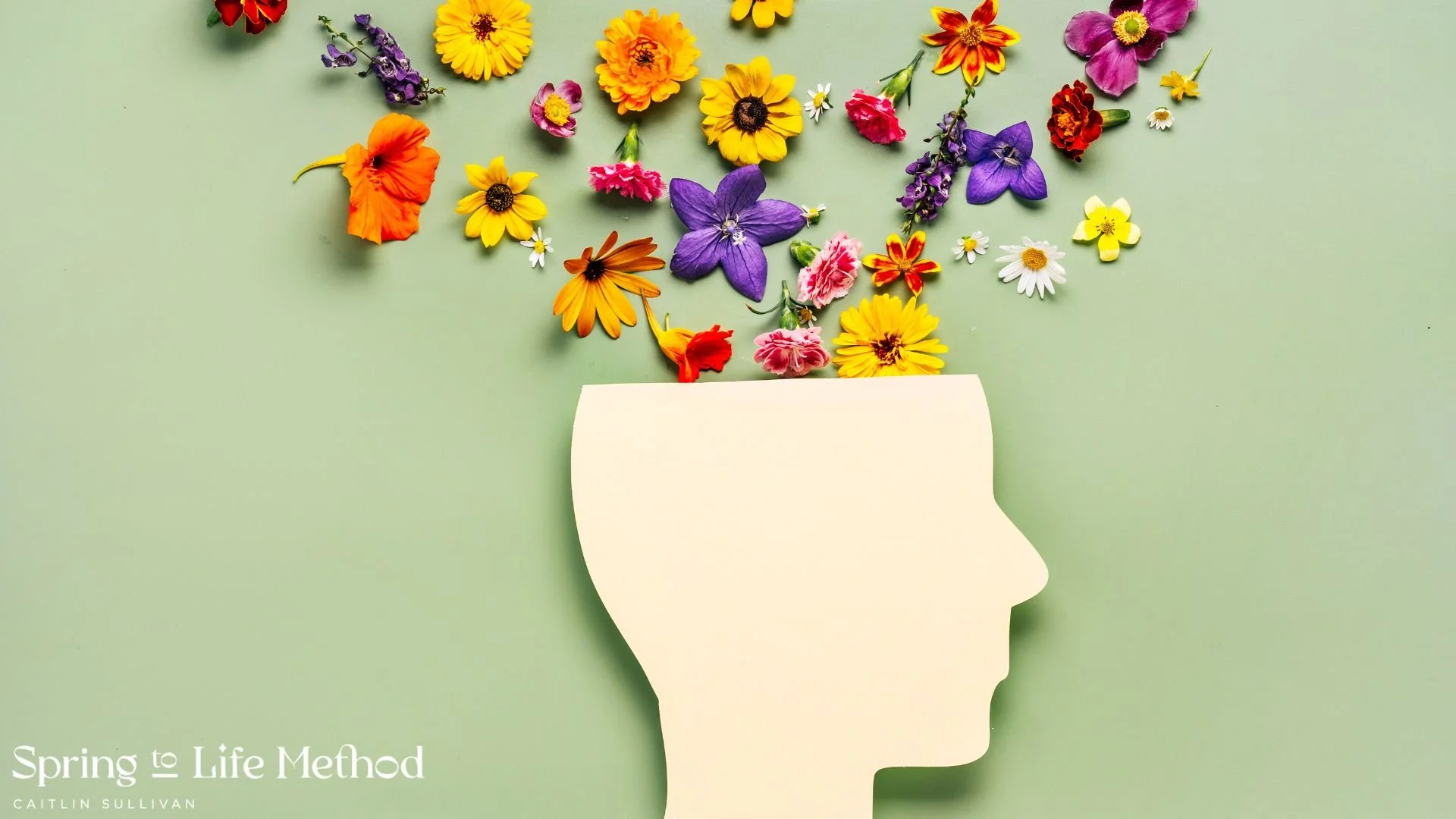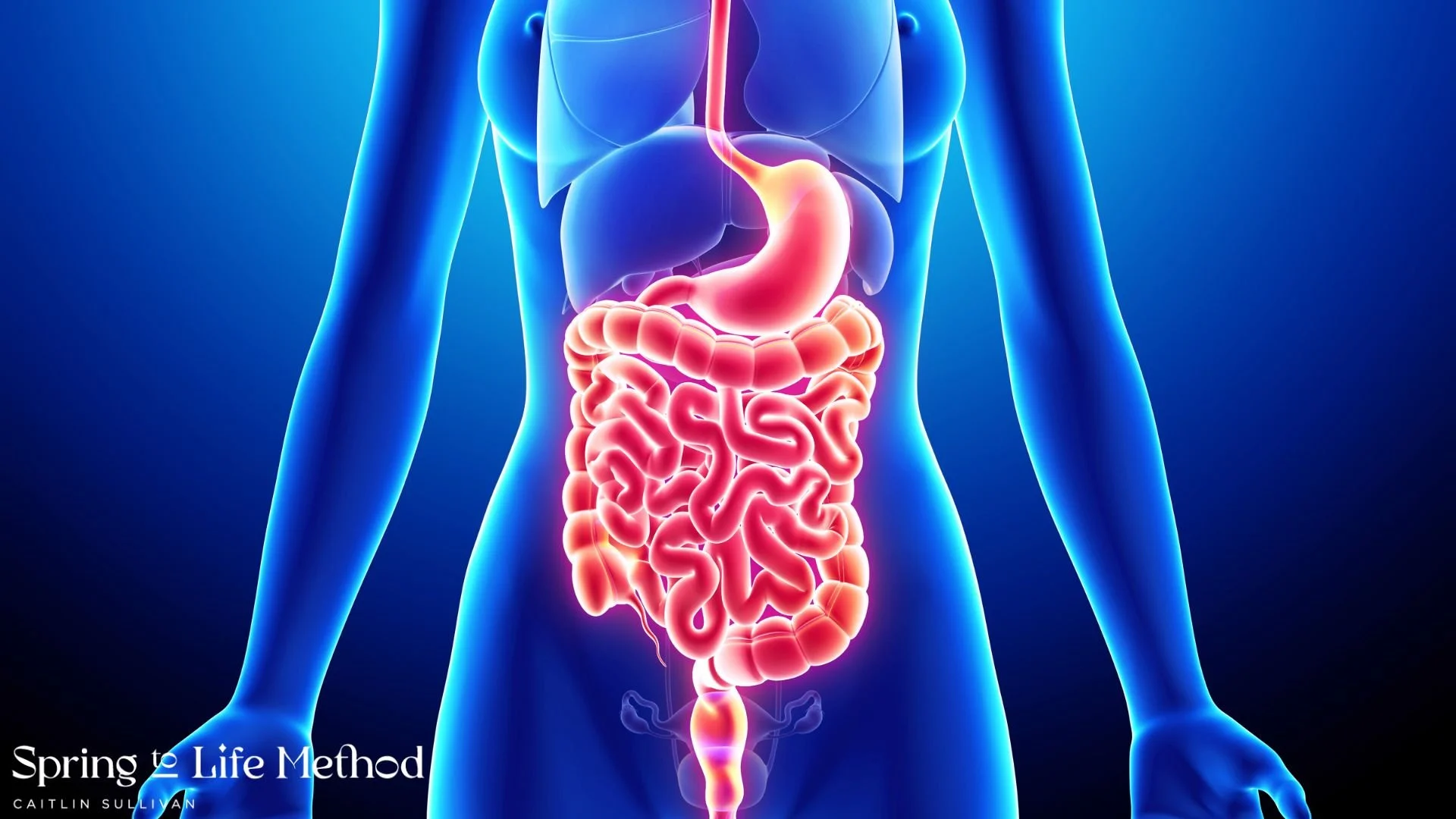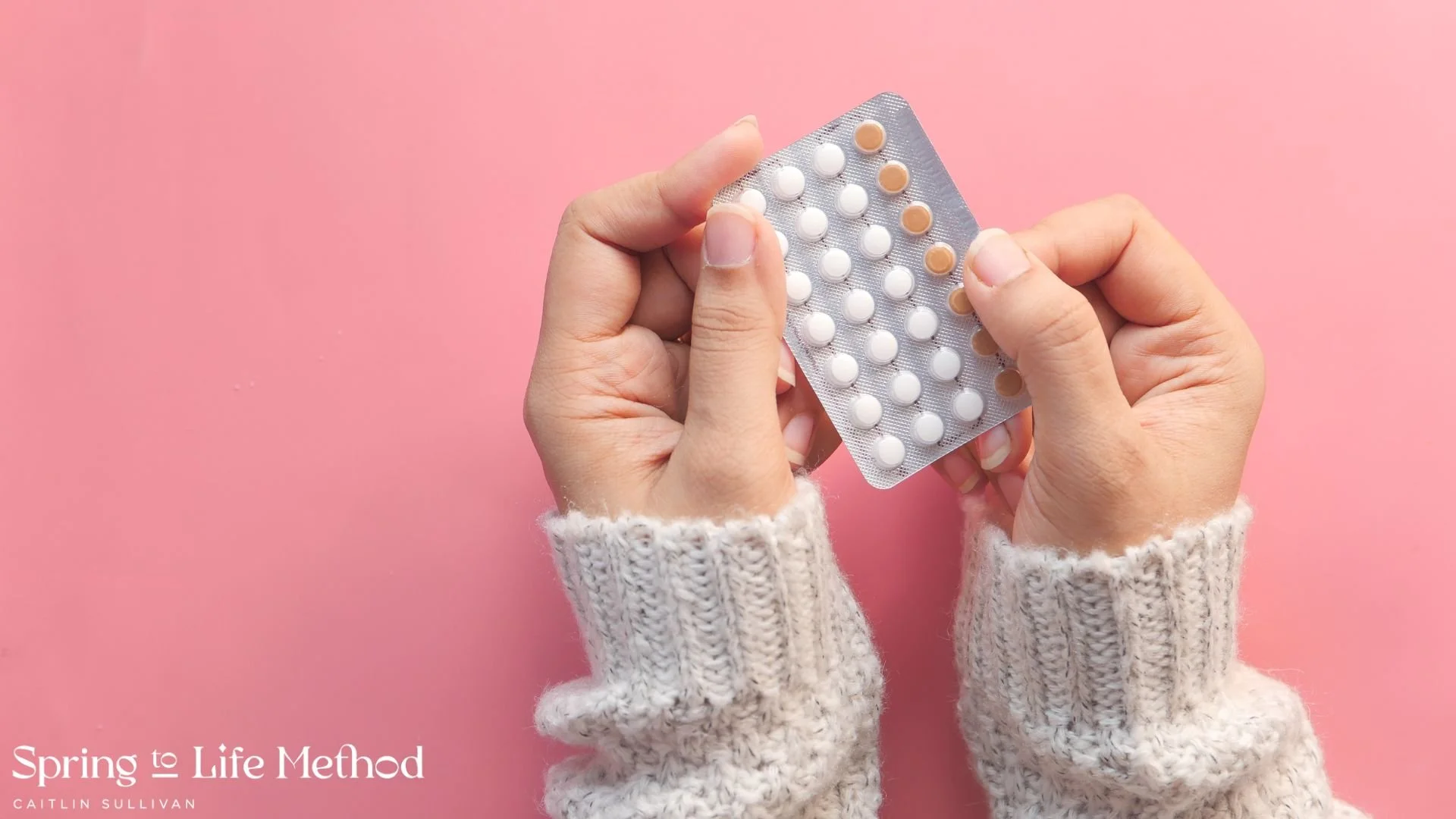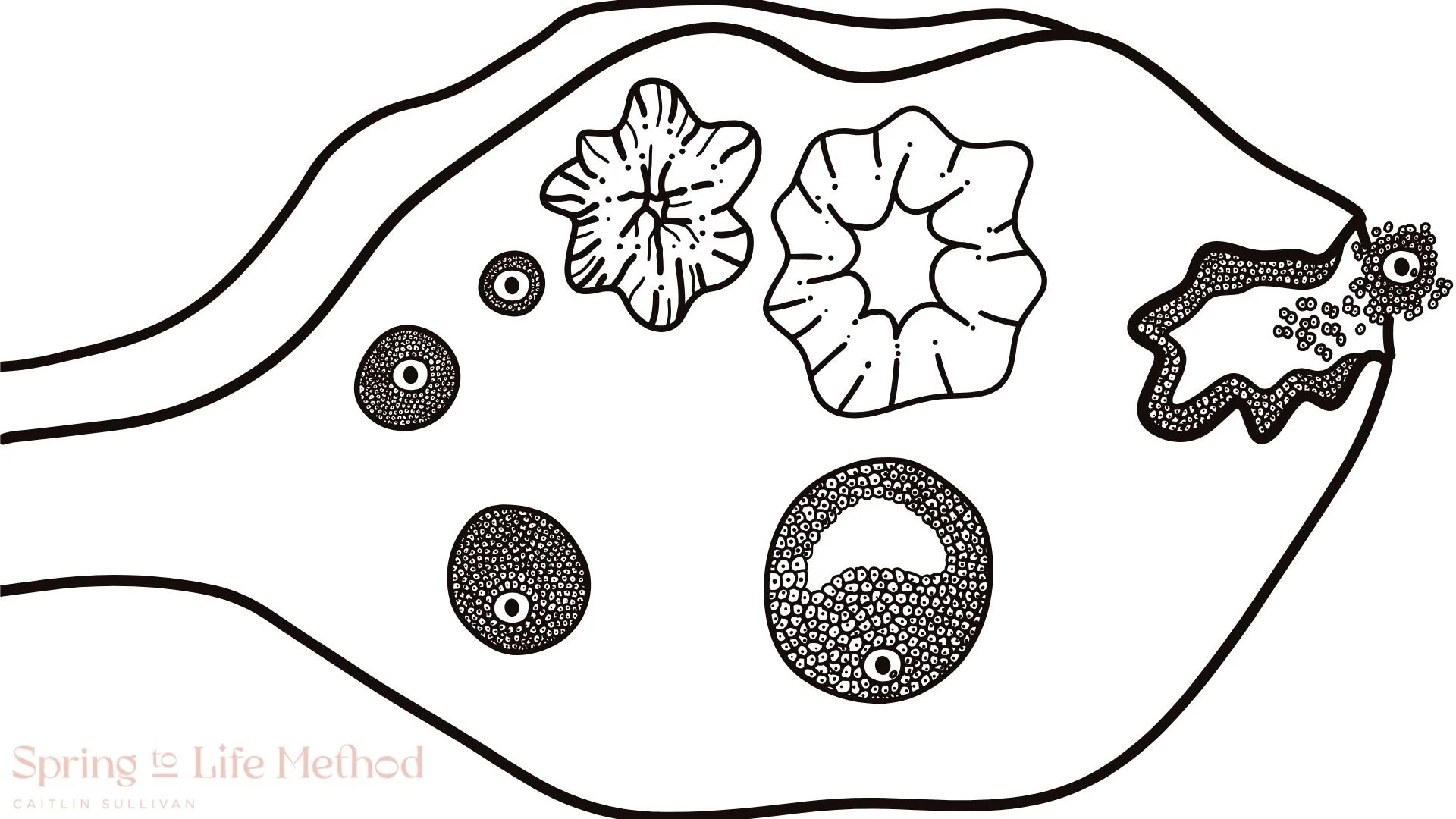Spring to Life Journal
Breathe deep. Live fully. Spring to life.
Subscribe to the RSS feed
*
Subscribe to the RSS feed *
for automatic updates when new articles are published

Your Sex Drive on the Pill: How Hormonal Birth Control Can Affect Desire
If you’ve noticed a drop in your sex drive while on hormonal birth control, you’re not alone. The pill can affect libido, hormone balance, and vaginal health, making sex less pleasurable or even painful. Learn how to support your gut, hormones, and sexual health while exploring non-hormonal options to reclaim desire.

Your Mental Health on the Pill: The Hidden Connection
Hormonal birth control can do more than just regulate your cycle—it can also impact your gut health in ways you may not expect. From bloating and indigestion to changes in your microbiome, “the pill” often disrupts digestion and nutrient absorption. In this post, we’ll explore the science behind how birth control affects your gut, common symptoms women experience, and natural ways to support digestion as you transition off hormonal contraceptives.

Your Gut on the Pill: How Hormonal Birth Control Impacts Digestion, Hormones, and Overall Health
Are your digestive symptoms, skin rashes, or PMS really “just part of being a woman”—or could your birth control be the culprit? Hormonal contraceptives have a profound effect on your gut microbiome, the ecosystem that regulates digestion, immunity, and hormone balance. Over time, the pill can deplete essential nutrients, increase inflammation, and even contribute to conditions like IBS, anxiety, or PCOS.
The good news? You can take simple, natural steps to support your gut and ease symptoms—even if you’re not ready to stop birth control. In this post, we’ll explore how the pill impacts your gut health and share practical ways to nourish your microbiome, replenish nutrients, and protect your hormones.

The Origins and Dangers of Hormonal Birth Control
Hormonal birth control has been hailed as a medical breakthrough, but its history is more complicated—and concerning—than most women realize. From questionable testing practices to long-term health consequences like nutrient depletion, mood changes, and lowered libido, the pill’s legacy comes with serious red flags. In this article, we explore where the pill came from, the risks tied to its use, and how women can protect their health with informed choices.

Ovulation: The Main Event of Your Cycle
Most people think their period is the star of the menstrual cycle—but the real main event is ovulation. Without it, your body can’t produce progesterone, the calming hormone that keeps PMS in check. In this post, you’ll learn why ovulation matters, how to spot the signs, and natural ways to support it with food, lifestyle, and supplements.

Reducing Inflammation: The Hidden Key to Hormone Balance
Chronic inflammation is at the root of PMS, fatigue, and hormone imbalances. The good news? By avoiding certain foods and making simple swaps, you can reduce inflammation, balance your hormones, and feel more energized. In this post, we’ll break down the top inflammatory culprits and what to eat instead.

Fertility, Cancer, and Me
Navigating fertility and cancer isn't simple. At 33, I was diagnosed with lymphoma and had to make fast, life-altering decisions about my future as a mother. Here's how I’m supporting my hormone health and holding onto hope.

